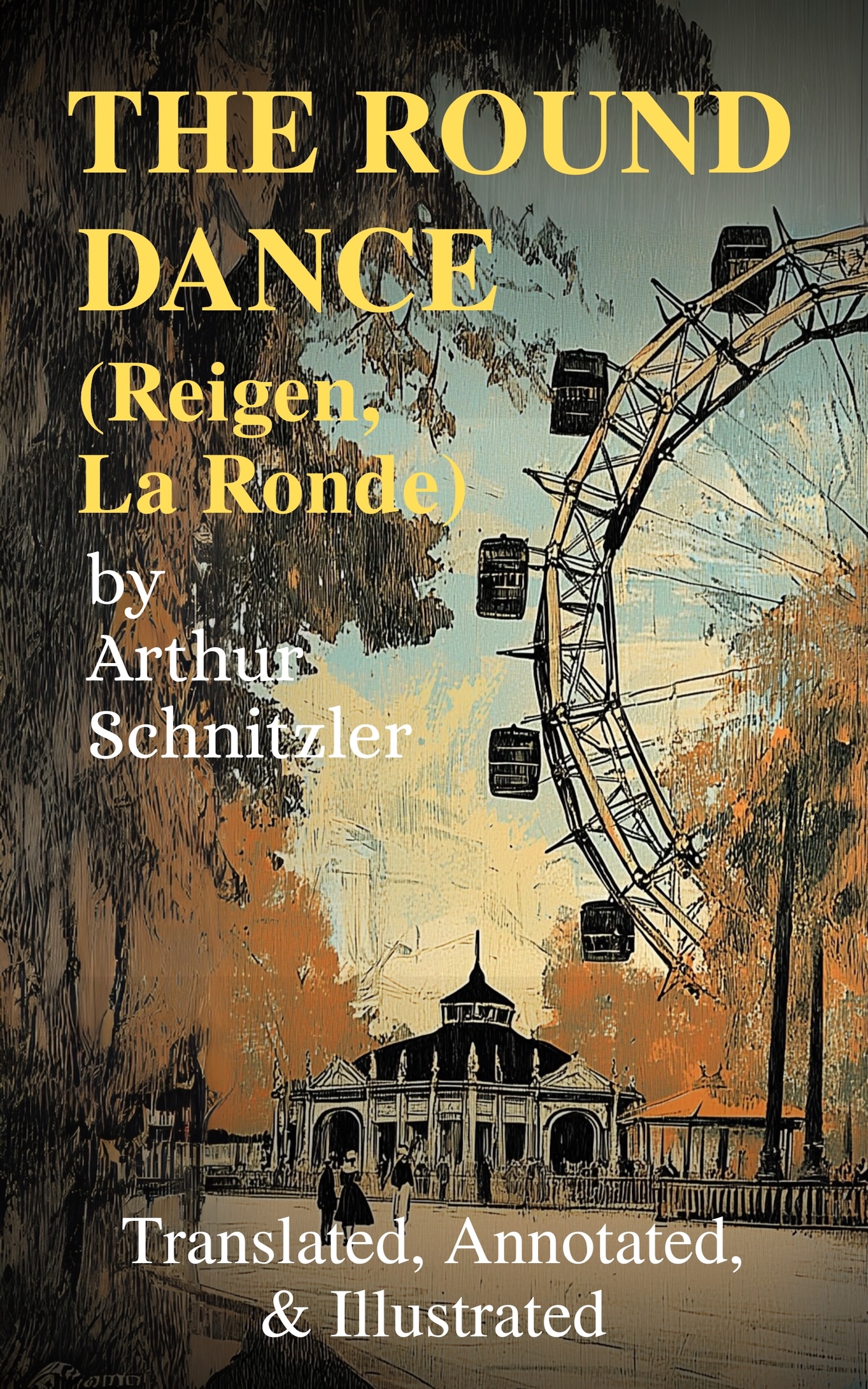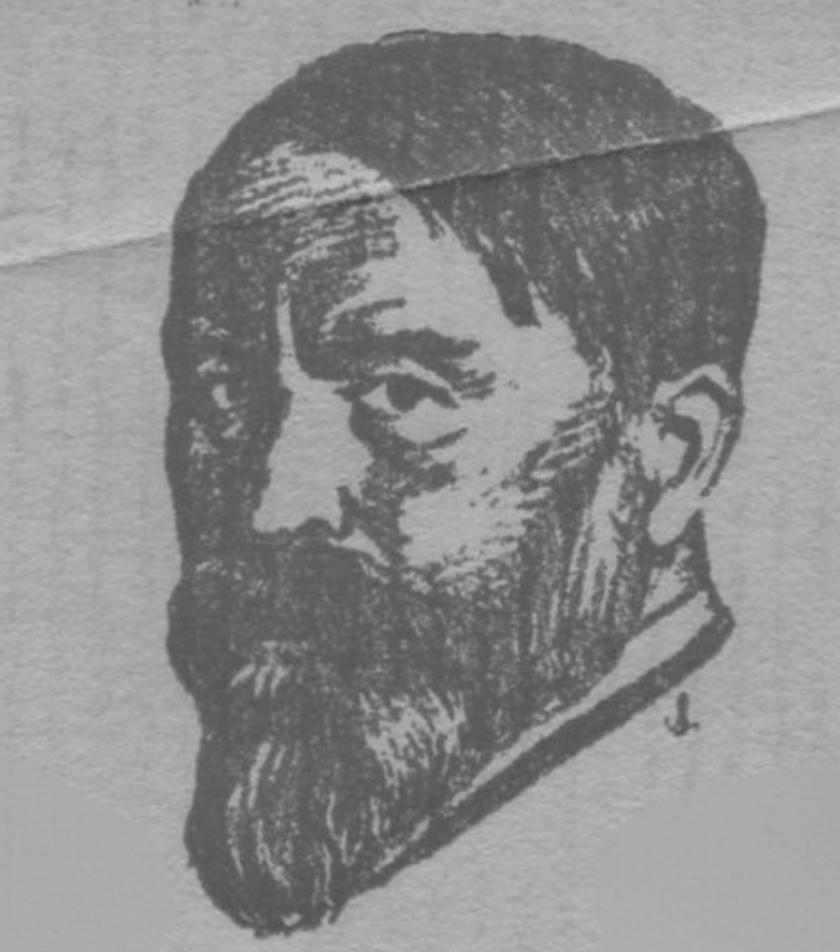The Round Dance by Arthur Schnitzler
Ovid Publishing Group Edition
A New Translation with Comprehensive Critical Analysis
Discover the explosive work that scandalized an empire and changed literature forever.
Arthur Schnitzler's The Round Dance (Reigen, La Ronde) stands as one of the most daring and psychologically penetrating works ever written—a masterpiece so controversial it sparked riots, legal battles, and was banned across Europe for decades. This groundbreaking cycle of ten interconnected dialogues exposes the hidden desires and hypocrisies of fin de siècle Vienna through an unflinching examination of human sexuality that transcends class, status, and social pretension.
From prostitute to soldier, parlour maid to aristocrat, each encounter reveals the universal dance of desire that connects us all.
Written in 1897 but deemed too dangerous for public performance until 1920, Reigen earned Schnitzler both literary immortality and death threats. Critics called it pornographic; scholars hailed it as revolutionary. Freud considered Schnitzler a kindred spirit who understood the human psyche with clinical precision. Max Ophüls adapted it into the 1950 acclaimed film La Ronde, which was nominated for two Academy Awards.
Why does this 125-year-old work still feel urgently contemporary? Because Schnitzler's psychological insights into power, authenticity, and the gap between public facades and private truths remain as relevant today as when they first scandalized Habsburg society. In today’s world of social media and debates over consent and power dynamics, The Round Dance offers profound insights into the eternal human condition.
This definitive edition features:
- A fresh, new translation
- Illustrations depicting key scenes
- Chapter-by-chapter footnotes
- Critical analysis
- Historical exposition
Perfect for:
- Literature enthusiasts seeking psychological depth and social commentary
- Students of European history and culture
- Readers interested in the intersection of sexuality, power, and society
- Anyone fascinated by works that changed the literary landscape forever.

